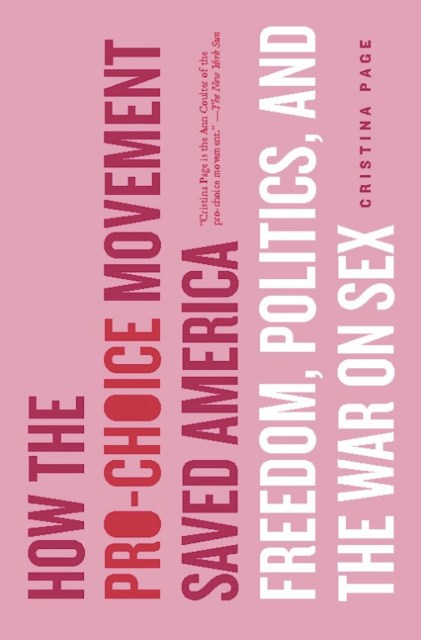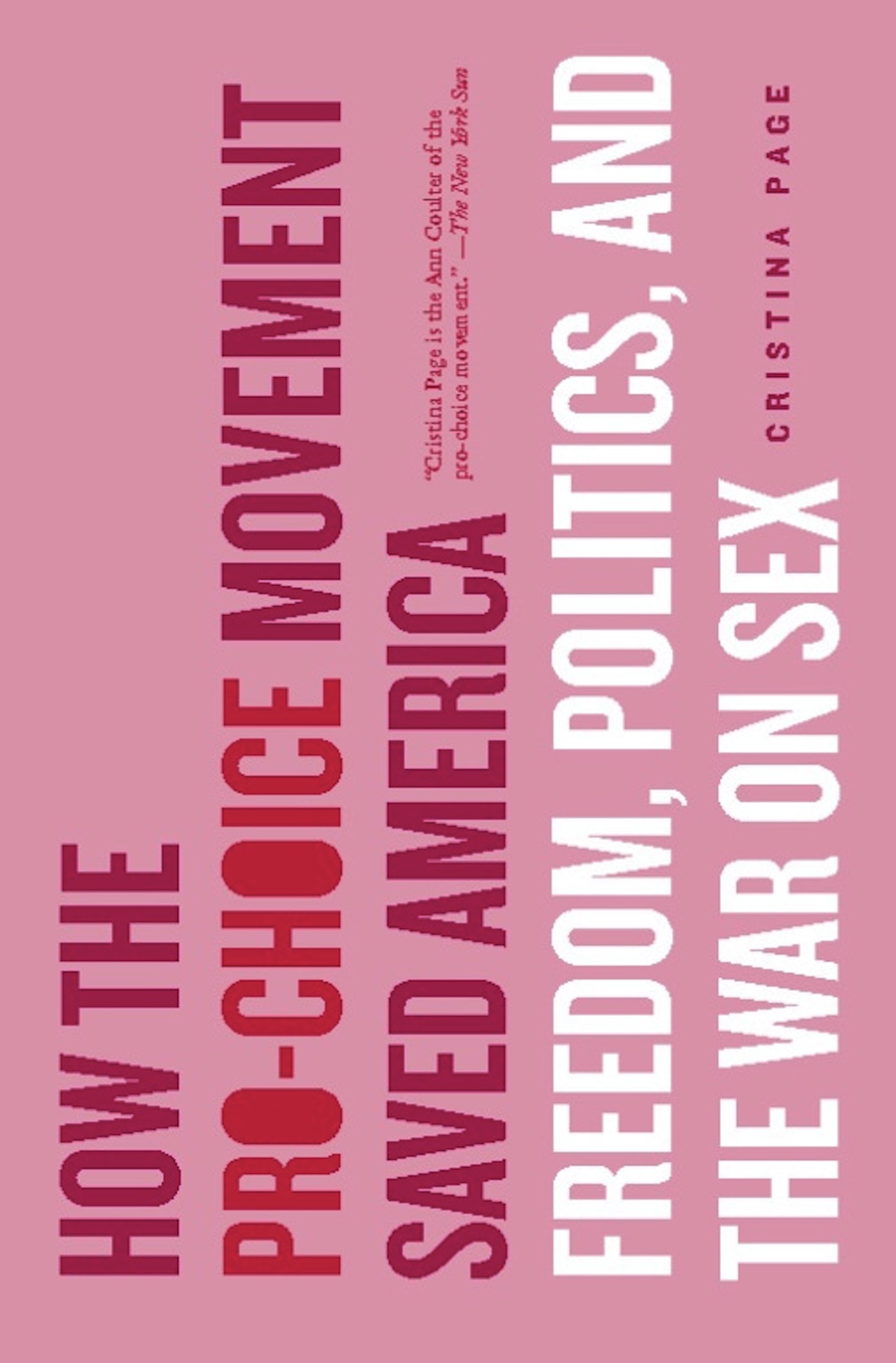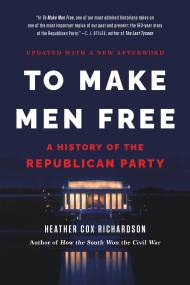Promotion
Use code MOM24 for 20% off site wide + free shipping over $45
How the Pro-Choice Movement Saved America
Freedom, Politics, and the War on Sex
Contributors
Formats and Prices
Price
$11.99Price
$15.99 CADFormat
Format:
- ebook $11.99 $15.99 CAD
- Trade Paperback $19.99 $25.99 CAD
This item is a preorder. Your payment method will be charged immediately, and the product is expected to ship on or around July 31, 2008. This date is subject to change due to shipping delays beyond our control.
Also available from:
Genre:
- On Sale
- Jul 31, 2008
- Page Count
- 256 pages
- Publisher
- Basic Books
- ISBN-13
- 9780786722242
Newsletter Signup
By clicking ‘Sign Up,’ I acknowledge that I have read and agree to Hachette Book Group’s Privacy Policy and Terms of Use







